Scheduling work in a modern manufacturing environment is a complex and often frustrating endeavor. Despite advances in technology, many manufacturers still rely on outdated tools and processes, leading to inefficiencies, missed deadlines, and a host of other issues. In this blog post, we'll explore the common challenges faced in manufacturing scheduling today and highlight how innovative solutions are transforming the landscape.
The Status Quo: Outdated Tools and Processes
Manufacturers often depend on Excel spreadsheets and whiteboards to manage their production schedules. While these tools are familiar and easy to use, they come with significant drawbacks:
- Manual Data Entry: Scheduling with spreadsheets requires significant manual input, which is time-consuming and prone to errors. These errors can lead to incorrect scheduling, causing delays and disruptions on the shop floor.
- Disconnected Systems: Many scheduling tools are not integrated with Enterprise Resource Planning (ERP) systems, which are central to manufacturing operations. This lack of integration means that scheduling data is often outdated and does not reflect real-time shop floor conditions.
- Reactive Scheduling: Without real-time data, manufacturers are forced to react to issues rather than proactively manage them. Machine breakdowns, inventory shortages, and other unexpected events can cause significant disruptions that are difficult to address promptly.

The Solution: Real-Time Data and Predictive Analytics
To address these challenges, modern manufacturing solutions are leveraging real-time data and predictive analytics. Here’s how these technologies work to transform scheduling:
Dynamic Schedule Optimization
One of the key capabilities of modern solutions is the ability to optimize schedules dynamically. By continuously assessing operational data in real-time, these systems can flag when adjustments are needed to maintain an optimal schedule. This ensures that issues such as machine downtimes and production delays are addressed immediately, minimizing disruptions.
Real-Time Adjustments and Alerts
Advanced scheduling systems provide precise, up-to-the-minute estimates of job completion times for every machine. This data allows manufacturers to make informed scheduling decisions and receive alerts when work falls behind schedule. With this information, manufacturers can take proactive steps to stay on track.
Interactive Production Order Management
Modern solutions offer intuitive interfaces that allow users to easily move and sequence production orders. This interactive approach provides immediate feedback on the health of the schedule, enabling users to make real-time adjustments and commit changes once satisfied.

Key Benefits of Modern Scheduling Solutions
The benefits of integrating modern scheduling solutions into manufacturing operations are substantial:
- Improved On-Time Delivery: By continuously optimizing production timelines based on real-time data, manufacturers can ensure accurate and reliable delivery schedules.
- Enhanced Efficiency: Automated scheduling adjustments reduce manual intervention, eliminating bottlenecks and maximizing throughput.
- Proactive Schedule Management: Predicting and mitigating potential disruptions in real-time ensures smooth operations and minimizes downtime.
- Operational Flexibility: The ability to make real-time adjustments allows manufacturers to adapt quickly to changing priorities and unexpected events.
- Instant Communication and Collaboration: Real-time updates and alerts facilitate seamless communication across the production floor, ensuring all stakeholders are informed and can act promptly.
Real-World Applications
Modern scheduling solutions are designed to support various roles within a manufacturing operation:
- Schedulers: Utilize the system to dynamically update and optimize production schedules, ensuring minimal disruption and seamless communication of changes.
- Shop Floor Leads/Supervisors: Monitor progress, manage on-time delivery, and balance work-in-process efficiently.
- Operators: Stay updated with real-time completion estimates and performance metrics, maintaining high efficiency and quality.
Conclusion
The challenges of modern manufacturing scheduling are significant, but they are not insurmountable. By leveraging real-time data and predictive analytics, modern scheduling solutions are revolutionizing the way manufacturers manage their schedules. With dynamic optimization, real-time adjustments, and intuitive interfaces, these innovative tools address the inefficiencies of traditional scheduling methods and set a new standard for operational excellence.
For manufacturers looking to stay ahead of the curve, adopting modern scheduling solutions is a critical step towards enhancing productivity, ensuring on-time delivery, and maintaining a competitive edge in the market.
Get an inside look at how MachineMetrics is solving this major problem:
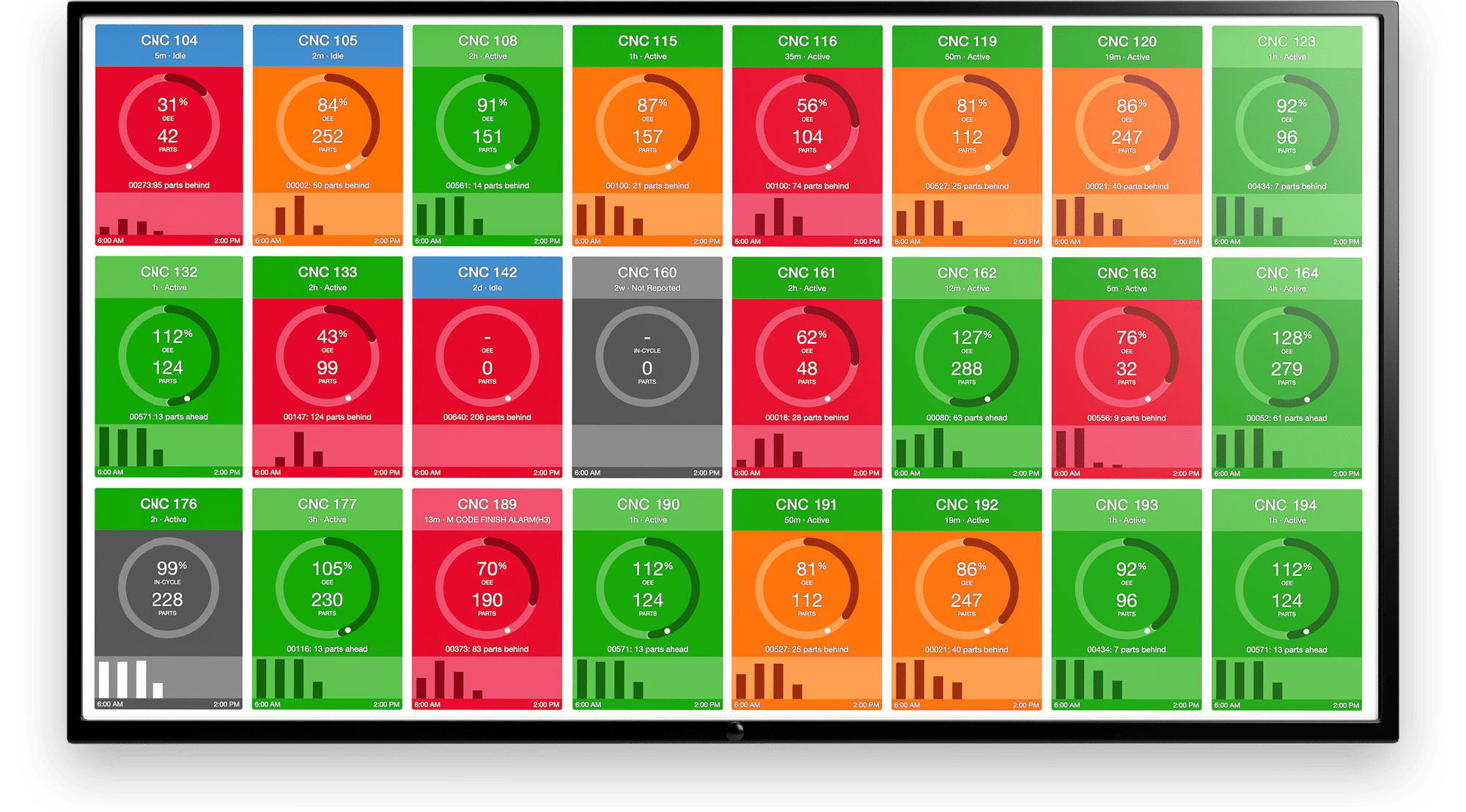
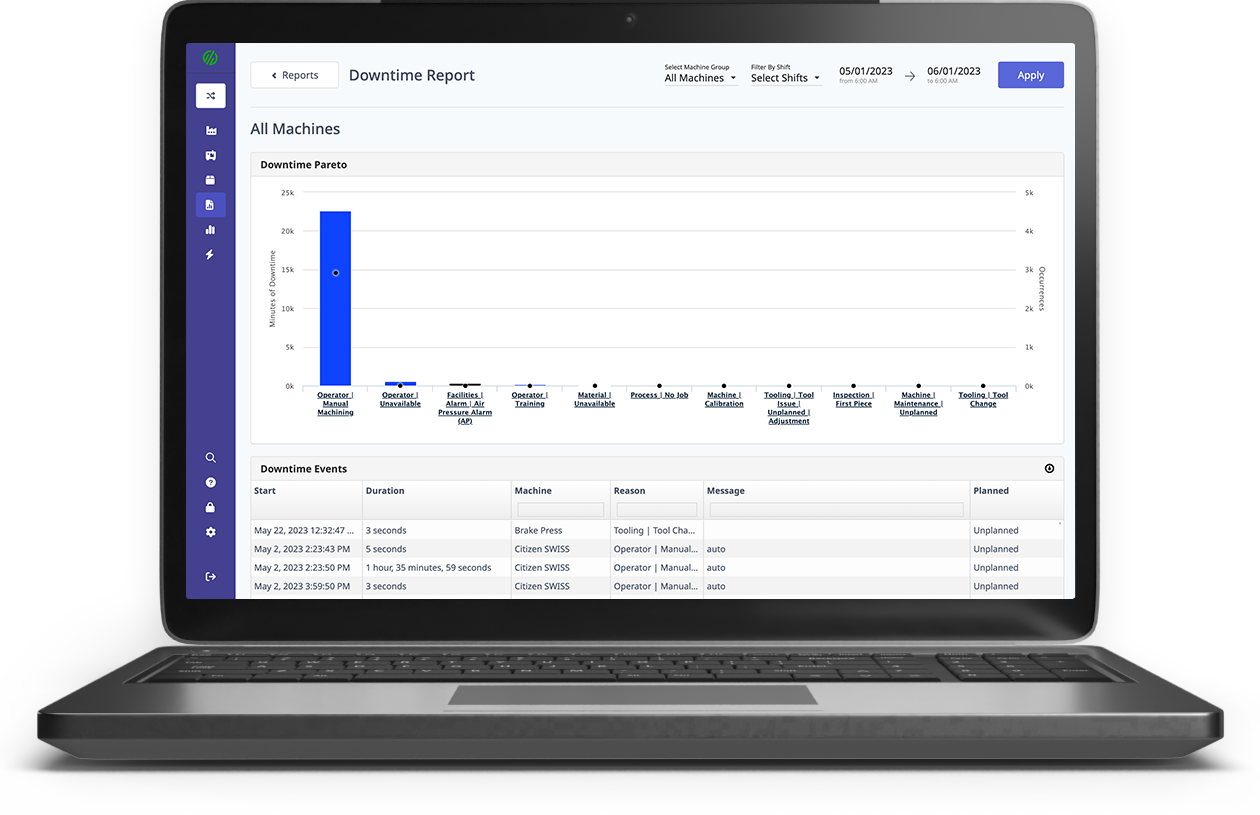
.png?width=1960&height=1300&name=01_comp_Downtime-%26-Quality_laptop%20(1).png)


.gif)

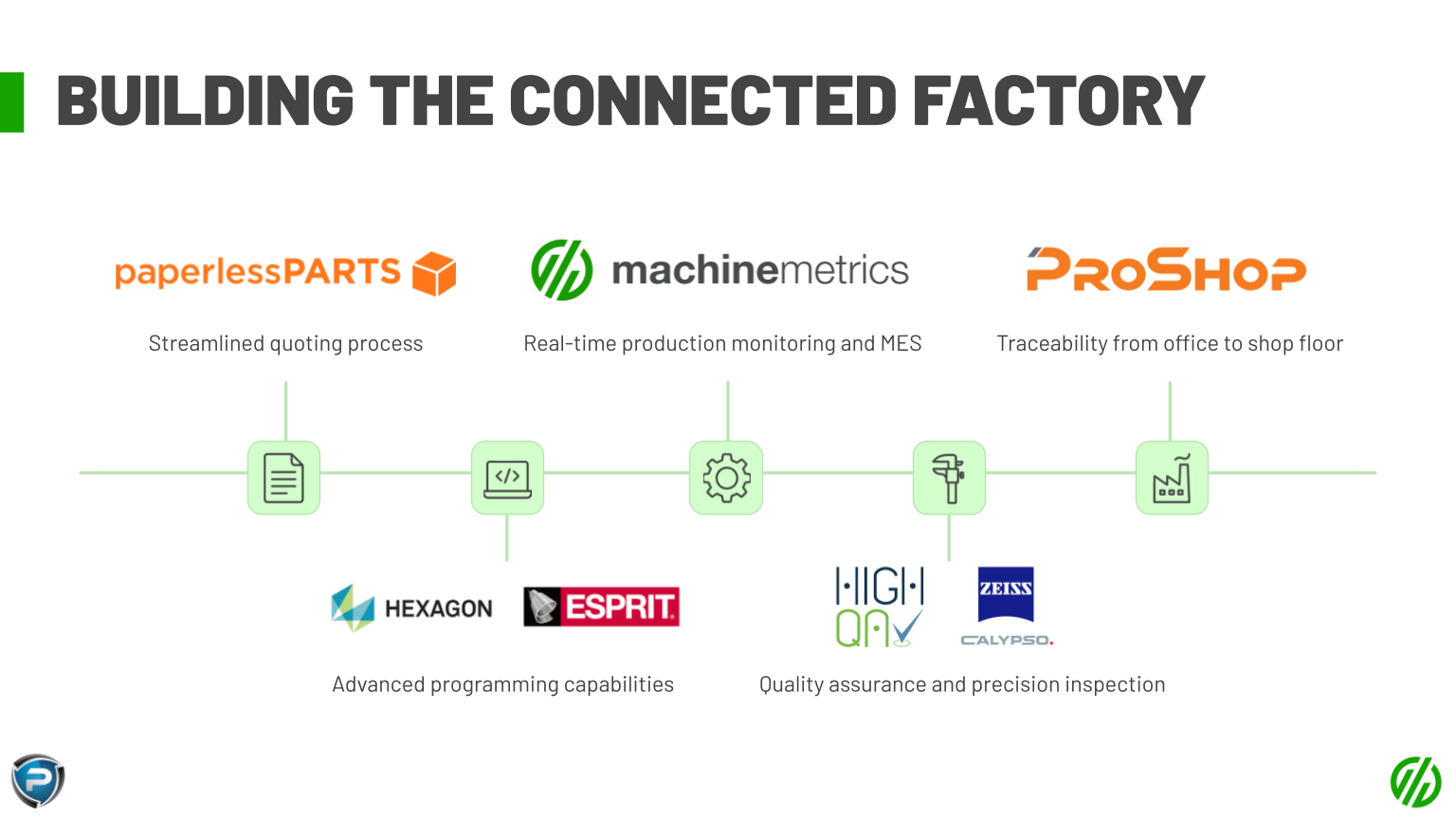

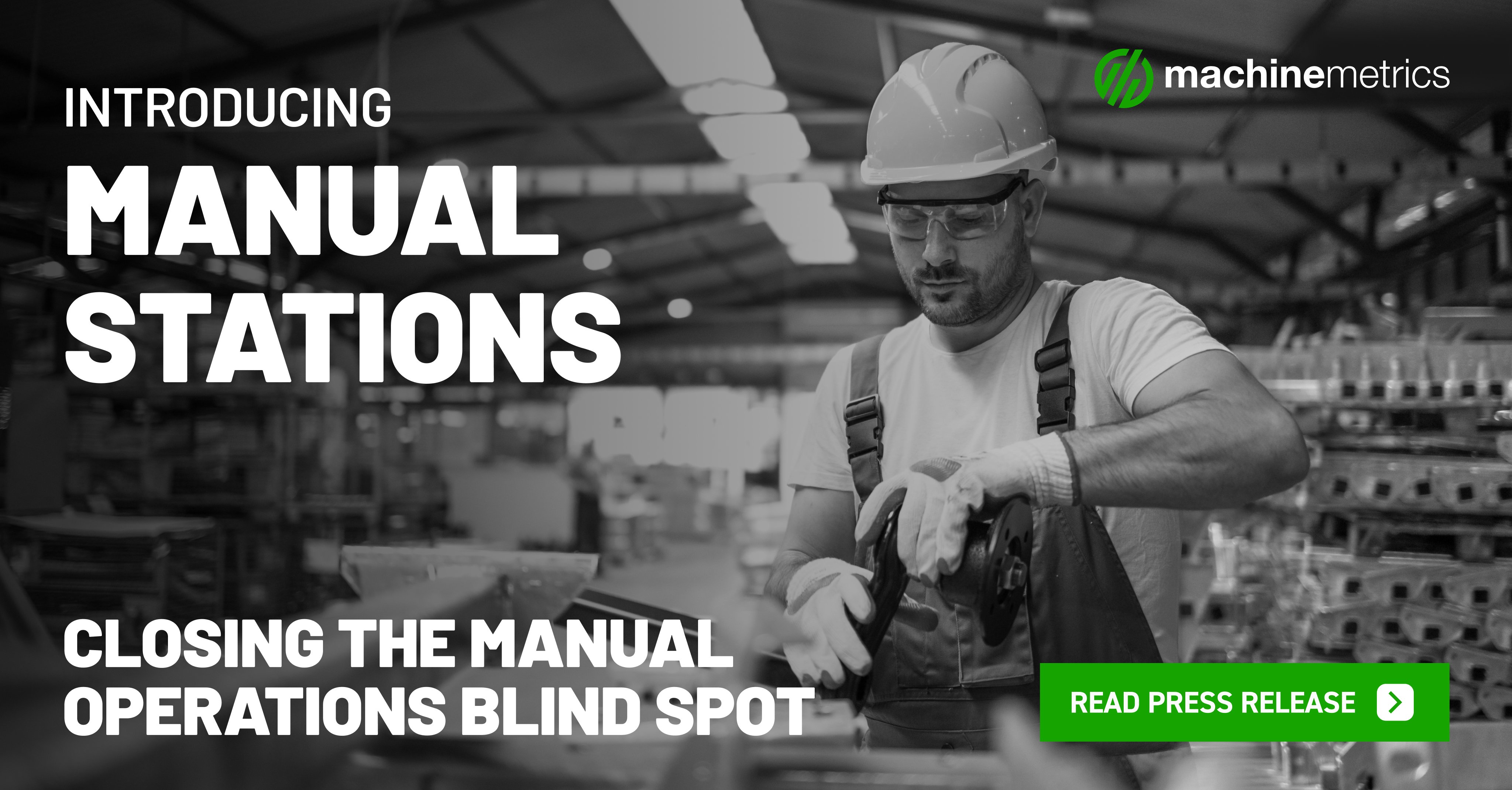
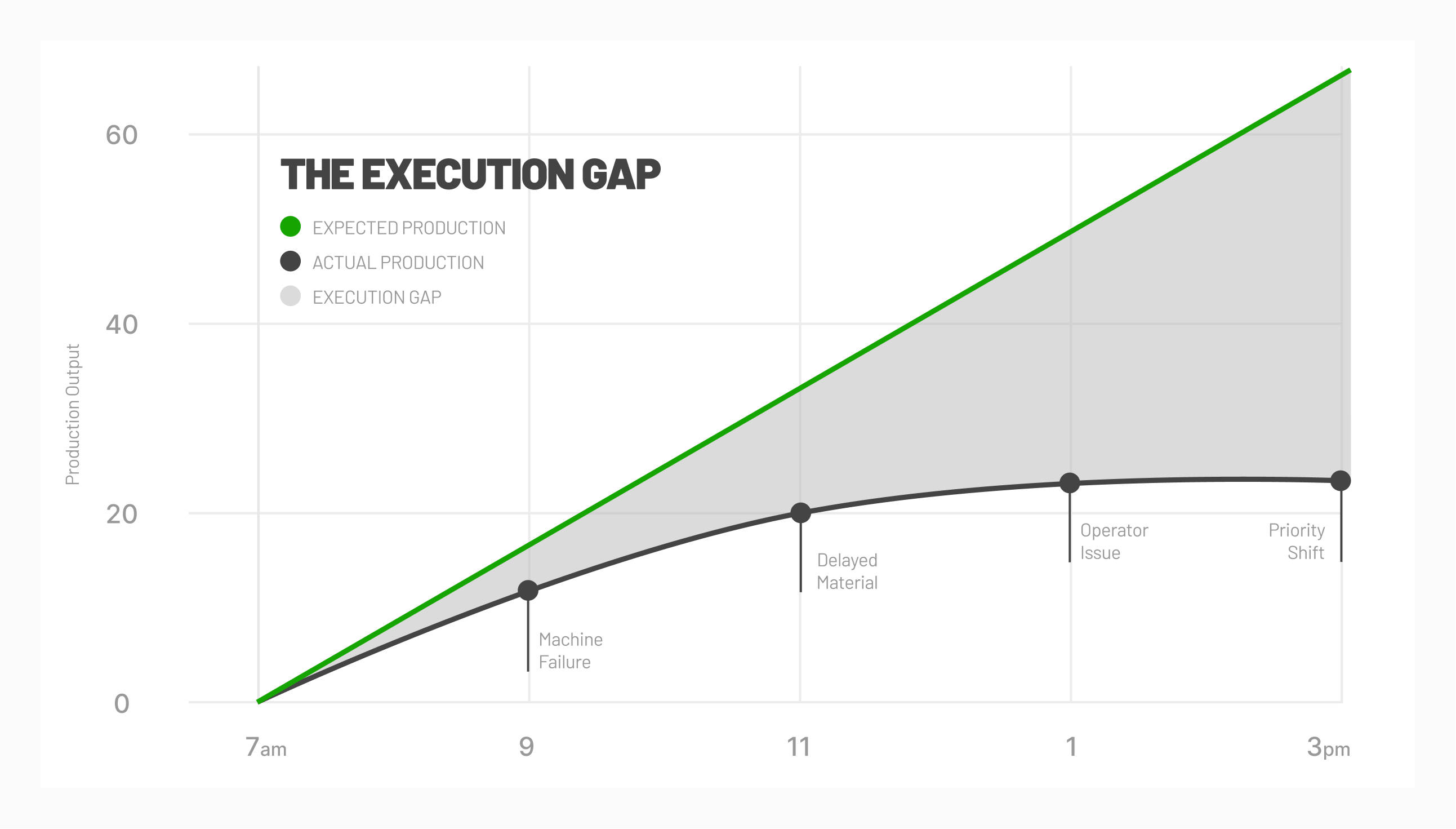

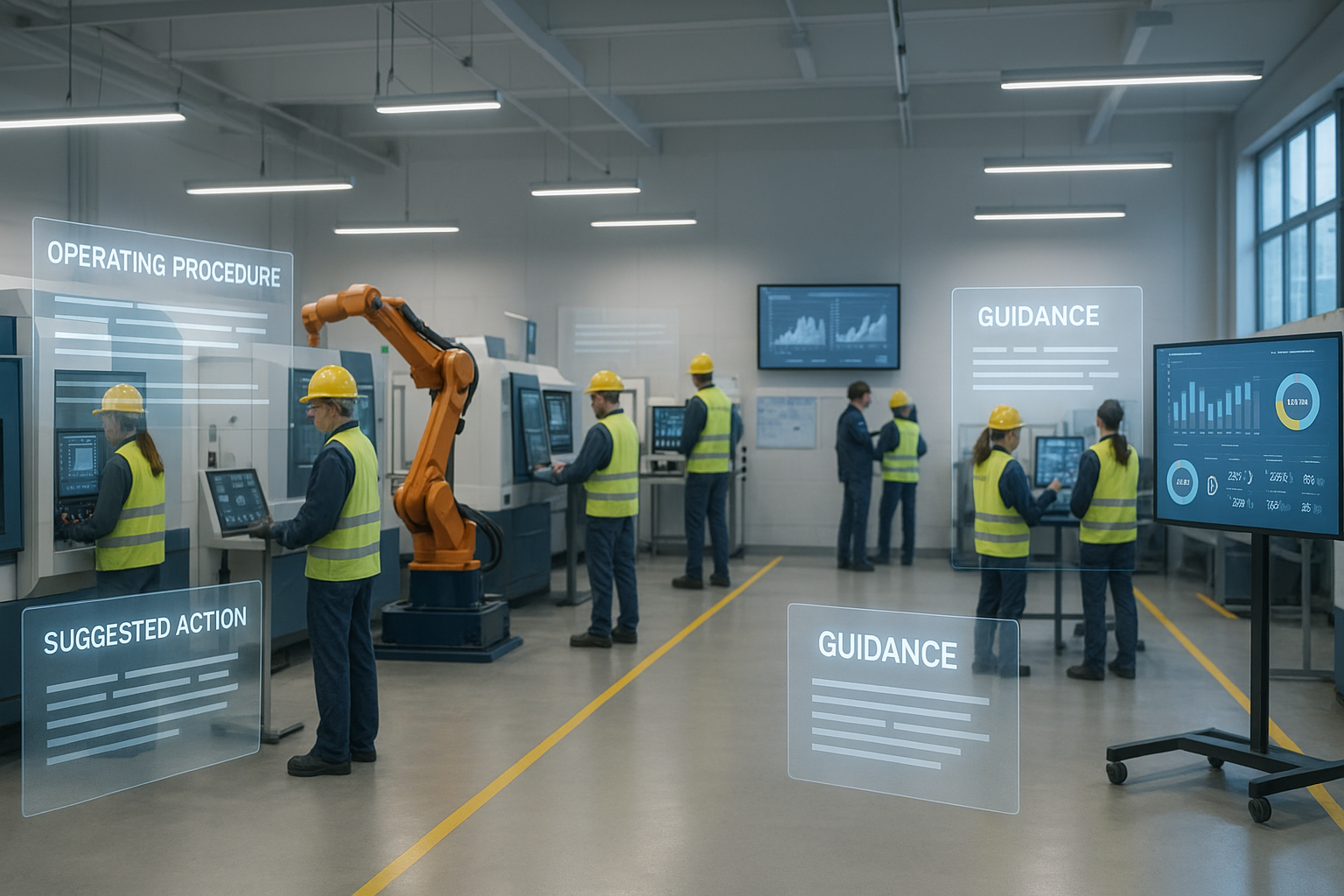

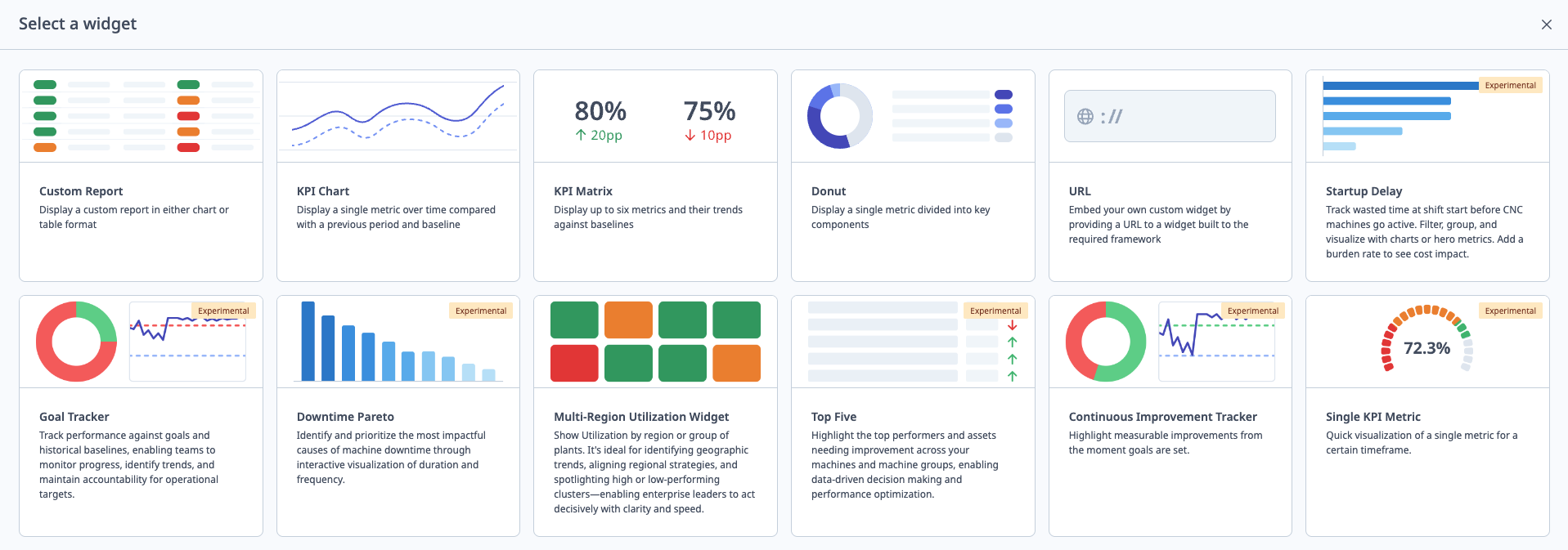
Comments